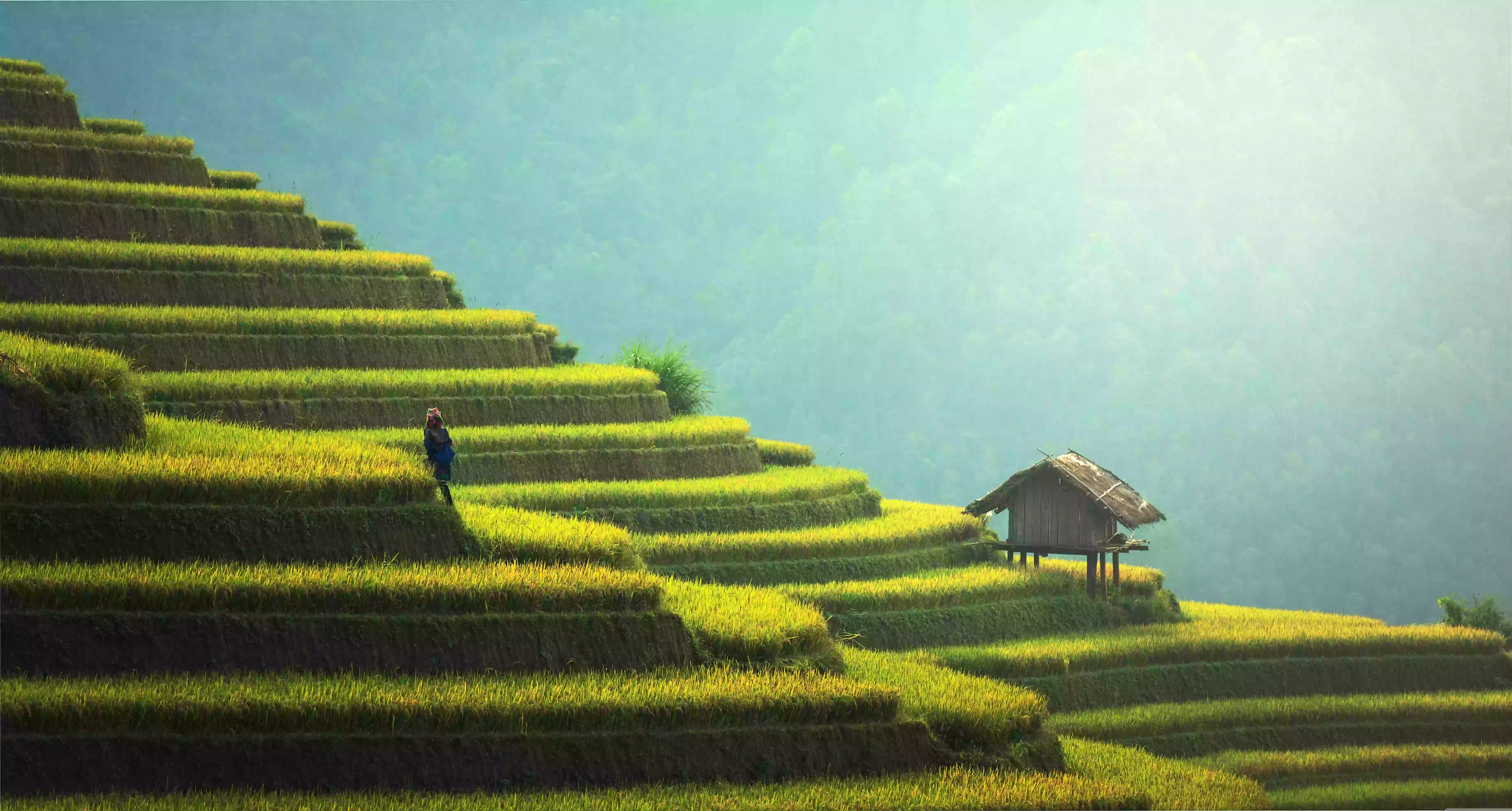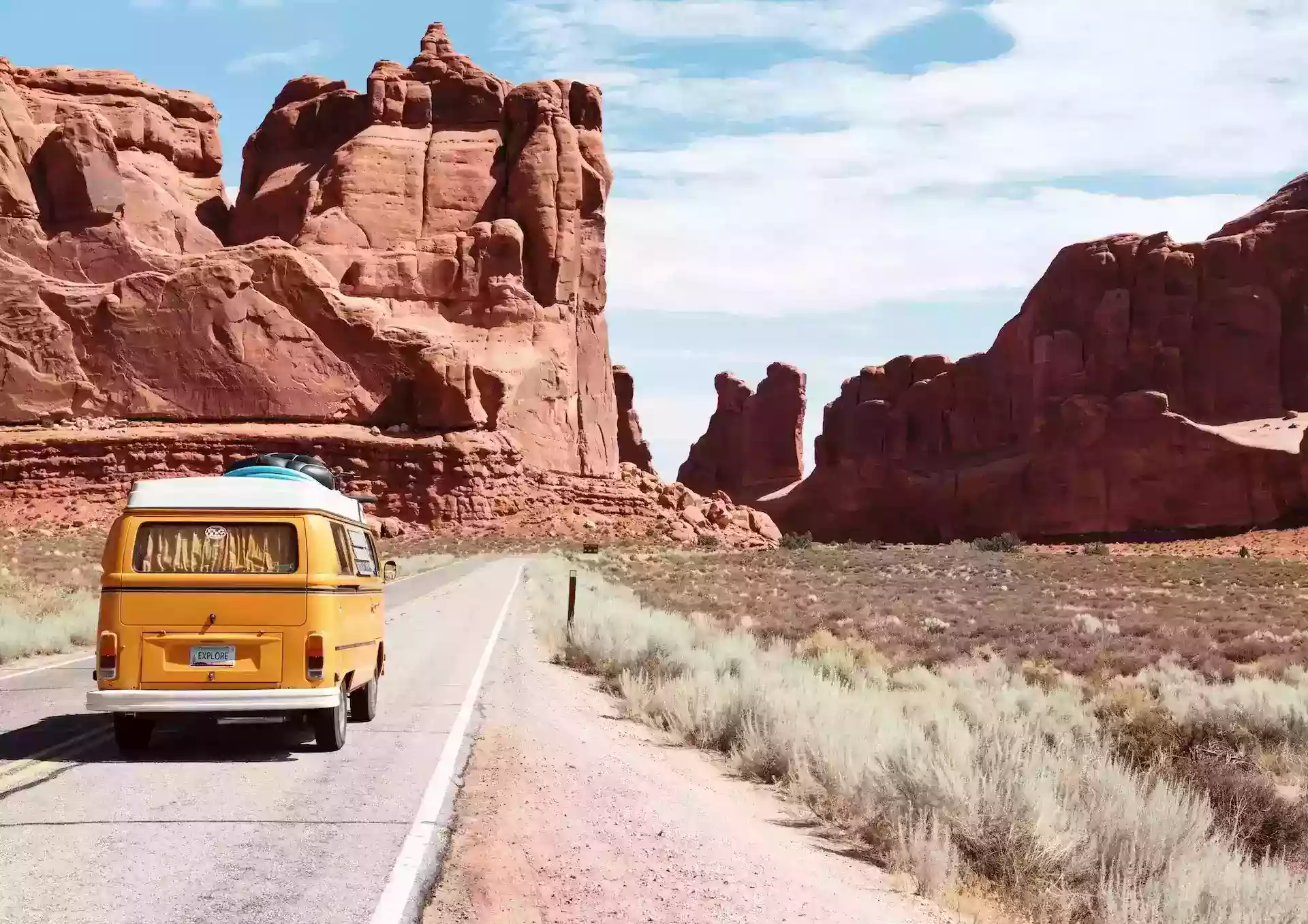Essential Tips for a Memorable and Safe Journey to India
Morgan Wiggins
Apr09,2023 • 5 min read

I
ndia, a land of rich history, diverse culture, and breathtaking landscapes, attracts millions of tourists every year. To make the most of your trip to this enchanting country, it's essential to plan and prepare accordingly. In this article, we'll cover five key aspects you should consider before embarking on your adventure to India.
Vaccination recommendations and health precautions
Before traveling to India, consult your doctor or a travel health clinic about recommended vaccinations. Common vaccinations for India include Hepatitis A, Typhoid, and Tetanus. Depending on your itinerary and the duration of your stay, you may also need vaccinations for Japanese Encephalitis, Rabies, or Cholera.
In addition to vaccinations, take precautions to avoid mosquito-borne diseases like Malaria and Dengue by using insect repellent and wearing protective clothing. Drink only bottled or purified water, and be cautious when consuming street food to avoid stomach issues.
Best time to visit: climate and regional weather patterns
India's climate varies greatly depending on the region and time of year. Generally, the best time to visit is during the cooler months from October to March, when temperatures are more comfortable for sightseeing. Monsoon season typically occurs between June and September, which may cause travel disruptions due to heavy rainfall and flooding, particularly in coastal areas.
If you're planning to visit the Himalayan regions, the summer months (May to September) are more suitable, as many high-altitude roads are closed during winter due to snowfall.
Currency exchange and local payment methods
The Indian currency is the Rupee (INR), and it's advisable to carry a mix of cash and cards. Many places accept credit and debit cards, especially in urban areas. However, cash is still widely used in smaller towns and markets and for transportation. Exchange your currency at reputable banks or exchange bureaus and avoid black market exchanges.
ATMs are available in most cities, but it's a good idea to carry enough cash when traveling to remote areas. Inform your bank about your travel plans to avoid any issues with card transactions.
Cultural etiquette and Social norms
India is a diverse country with various religious and cultural practices. Showing respect for these traditions will ensure a warm welcome and positive interactions with locals. Some general etiquette tips include:
- Dress modestly, particularly when visiting religious sites.
- Remove your shoes before entering temples, mosques, or someone's home.
- Avoid public displays of affection, as they may be considered offensive.
- Use your right hand for eating and exchanging items, as the left hand is considered unclean.
- Seek permission before taking photos of people or religious sites.
Popular tourist destinations and hidden gems
India offers a plethora of attractions, from the iconic Taj Mahal in Agra and the bustling streets of Mumbai to the serene backwaters of Kerala and the majestic palaces of Rajasthan. Plan your itinerary according to your interests and time constraints.
Beyond the popular tourist sites, explore lesser-known gems such as the ancient temples of Khajuraho, the tranquil hill stations of Shimla and Darjeeling, or the pristine beaches of the Andaman and Nicobar Islands. Engaging with locals and hiring knowledgeable guides can provide valuable insights and enrich your travel experience.
Transportation options: trains, buses, taxis, and rickshaws
India boasts an extensive transportation network that includes trains, buses, taxis, and rickshaws. The Indian Railways system is one of the largest in the world, connecting major cities and remote areas alike. Book your train tickets in advance through the official Indian Railways website or a reliable travel agent.
Buses are an affordable way to travel within cities and between towns, with both government and private operators offering various levels of comfort. For shorter distances, taxis and auto-rickshaws are widely available, but be prepared to negotiate fares or use ride-hailing apps like Ola and Uber for more transparent pricing.
Safety tips and avoiding common scams
While India is generally safe for travelers, it's essential to be vigilant and take precautions. Keep your belongings secure, and avoid displaying valuable items like expensive jewelry or cameras. Be cautious of pickpockets in crowded areas and avoid walking alone at night, especially in unfamiliar locations.
Common scams to watch out for include inflated taxi fares, fake tour guides, and counterfeit currency. Research reputable tour operators and use licensed taxis or ride-hailing apps to avoid being overcharged.
Accommodation options: hotels, hostels, and homestays
India offers many accommodation options, from luxury hotels to budget-friendly hostels and guesthouses. Research and book your accommodations in advance through reliable platforms like Booking.com, Airbnb, or OYO.
For a more authentic experience, consider staying at a homestay, where you'll have the opportunity to interact with local families and learn about Indian culture firsthand. Websites like Homestay.com and Stayzilla can help you find the perfect homestay for your trip.
Traditional Indian cuisine and regional food specialties
Indian cuisine is as diverse as its culture, with each region offering its unique flavors and dishes. Be adventurous and sample street food like chaat, samosas, and dosas, but choose stalls with high turnover and good hygiene practices to minimize the risk of stomach issues.
Don't miss regional specialties like Bengali fish curry, Hyderabadi biryani, or Punjabi butter chicken. Be mindful of the spice levels in Indian dishes, and inform your server if you prefer milder flavors. Vegetarians will be delighted by the vast array of meat-free options available in Indian cuisine.
Packing essentials: clothing, toiletries, and electronics
When packing for your trip to India, consider the following essentials:
- Clothing: Pack lightweight, breathable clothes that can be layered, and dress modestly to respect local customs. Include a scarf or shawl for covering your shoulders or head when necessary.
- Toiletries: Bring travel-sized toiletries, including hand sanitizer, insect repellent, and sunscreen. If you have specific requirements, it's a good idea to pack them, as they may be challenging to find in India.
- Electronics: Carry a universal adapter for charging your devices, as Indian outlets may vary in voltage and plug type. A power bank is also useful for long
journeys without access to charging facilities.
Conclusion
with proper planning and preparation, you'll be ready to navigate India with ease and confidence. Keep these tips in mind as you embark on your memorable and safe journey to explore the incredible sights, tastes, and experiences that India has to offer.

